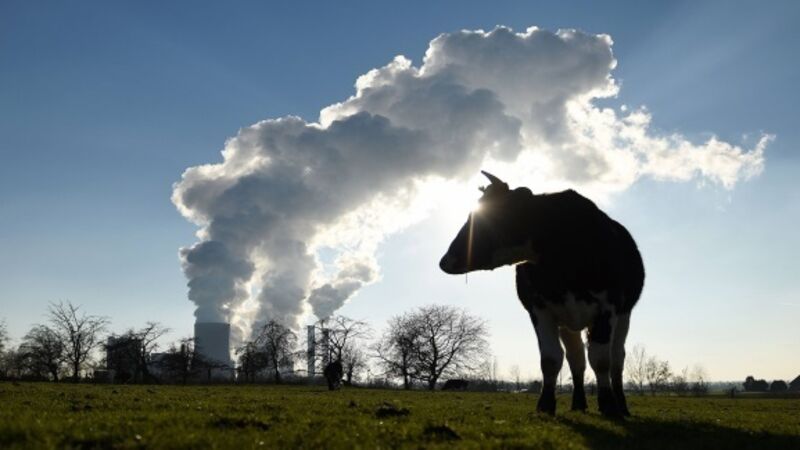Transport and agriculture sector emissions to increase

Projections from the EPA show it is unlikely Ireland will meet targets for lower emissions by 2020. Despite a target of a 20% reduction by 2020, emissions are still only between 4%-6% lower than levels in 2005.
EPA director general Laura Burke said the latest projections were a disappointing indicator the current policies in place to reduce emissions were failing to meet EU obligations in an improving economy.













